Lithium Phosphate Test Reports
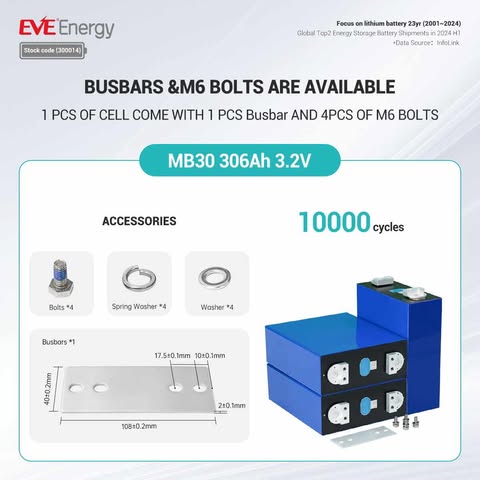
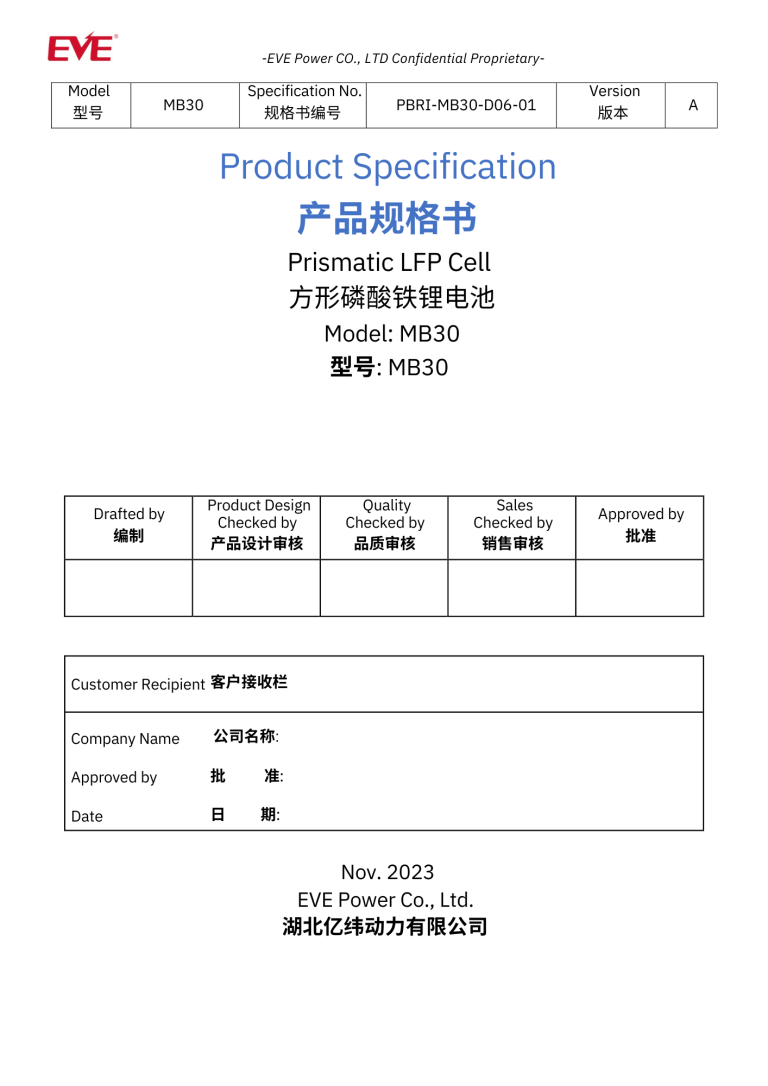
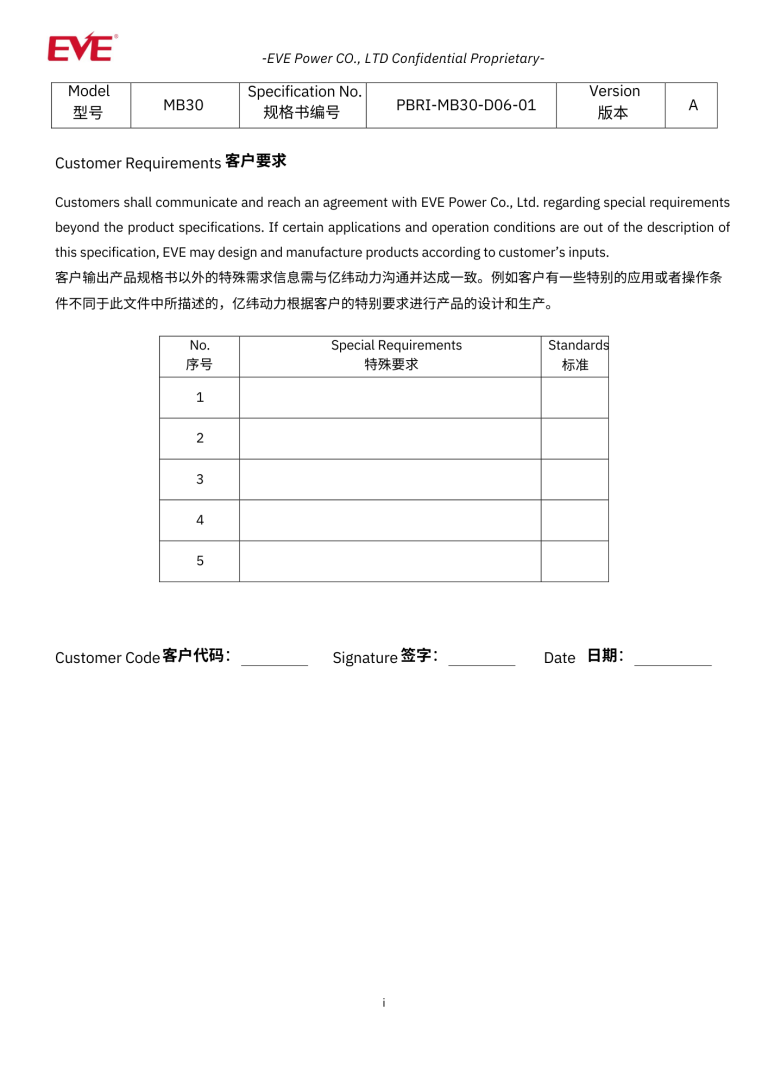

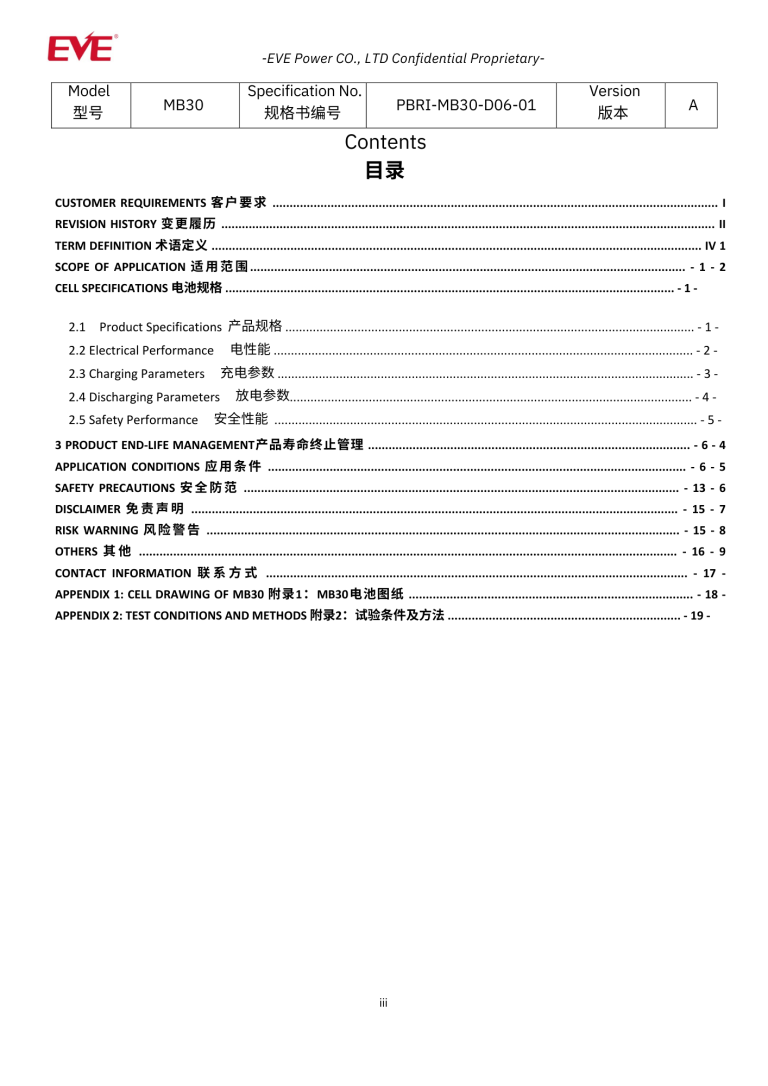
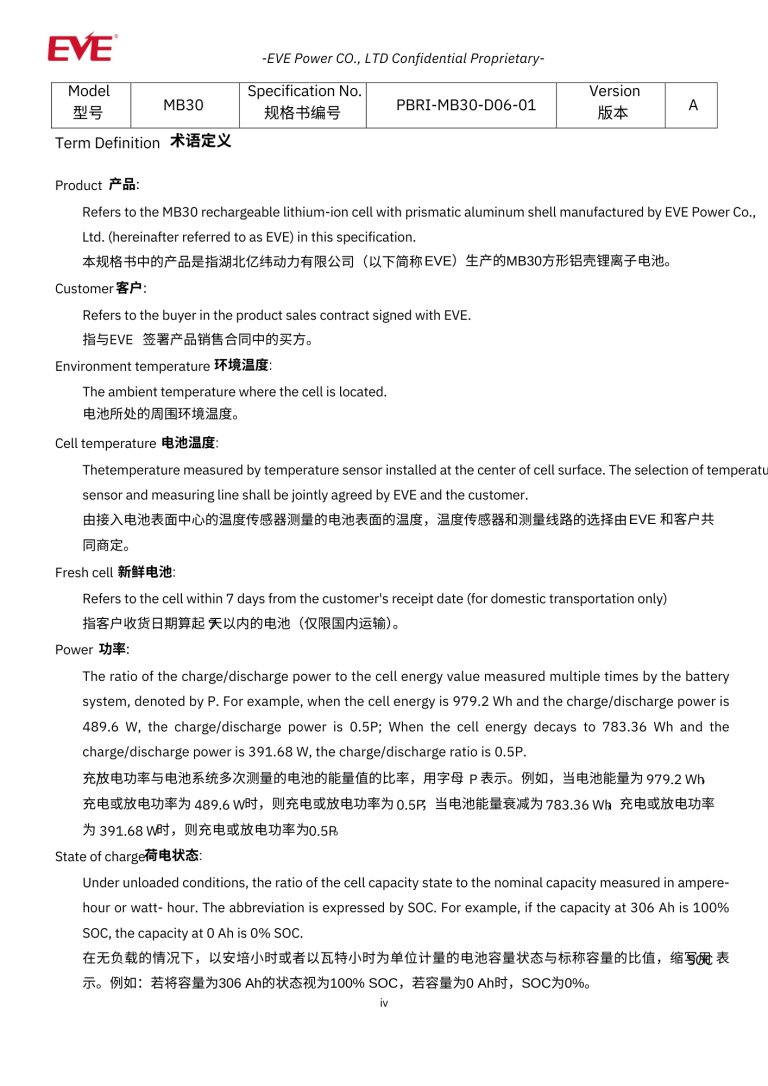
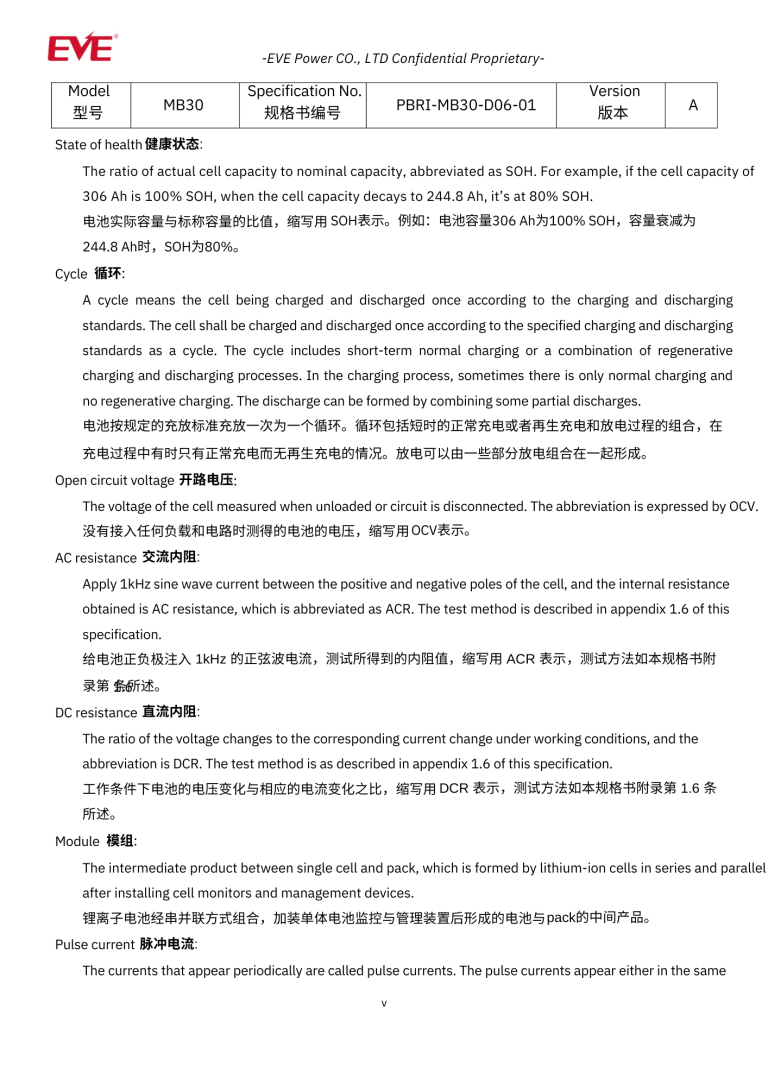
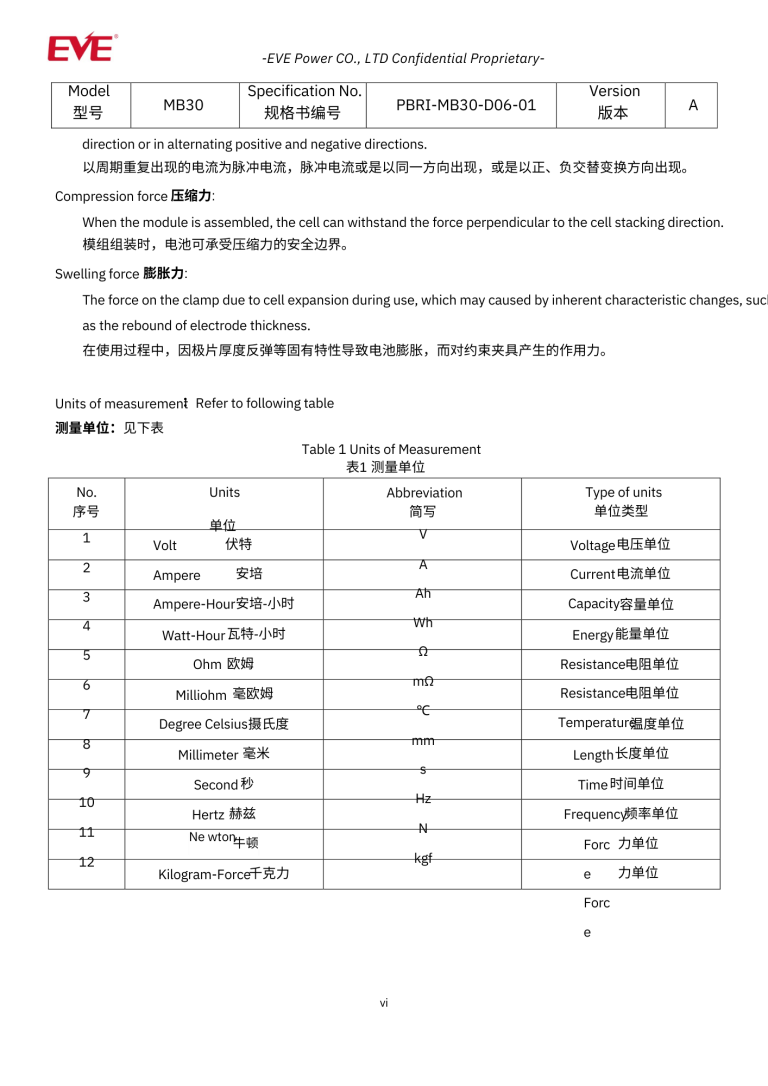
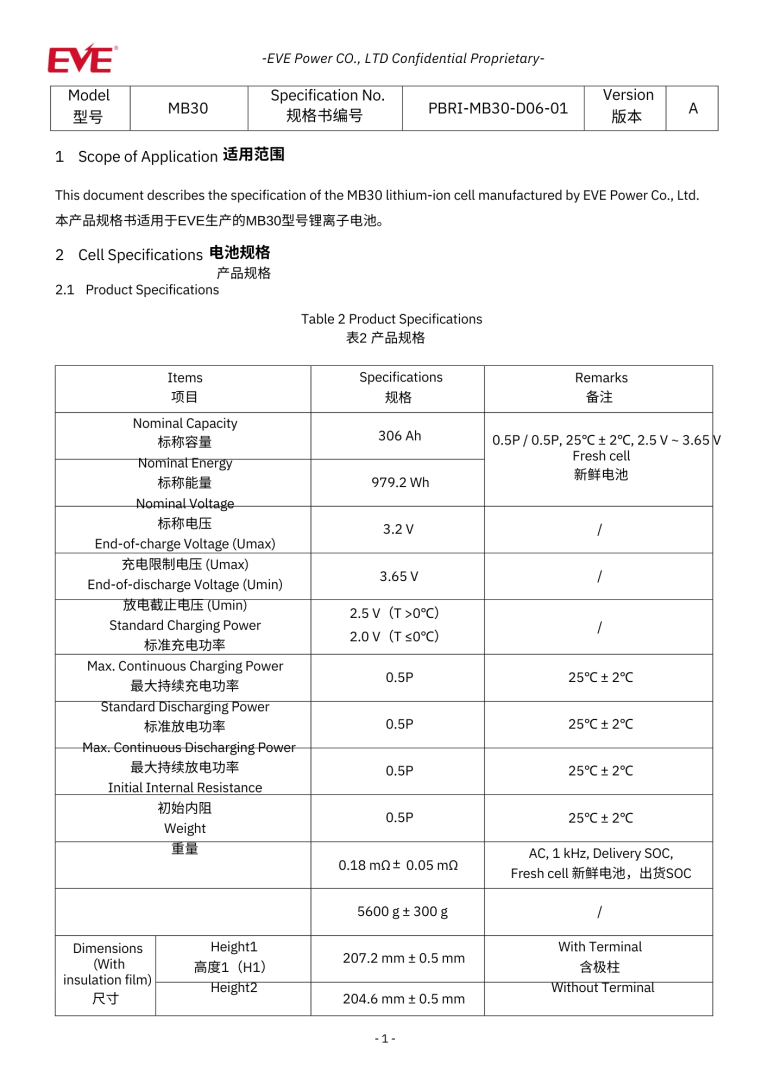
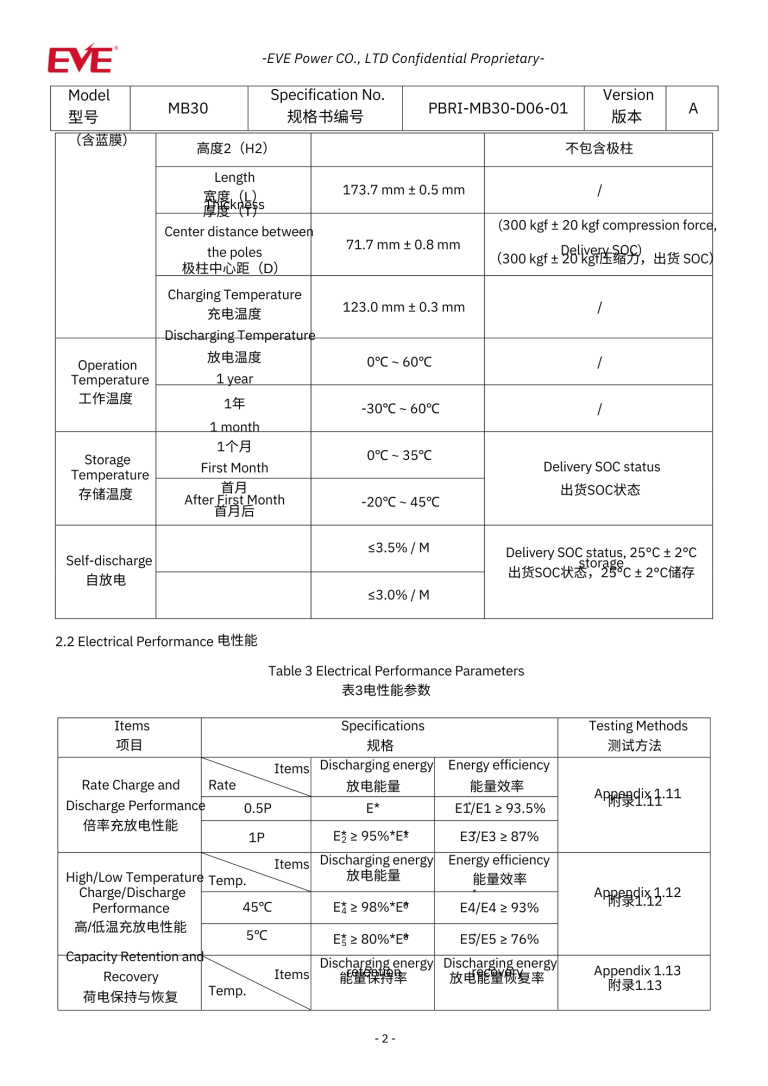
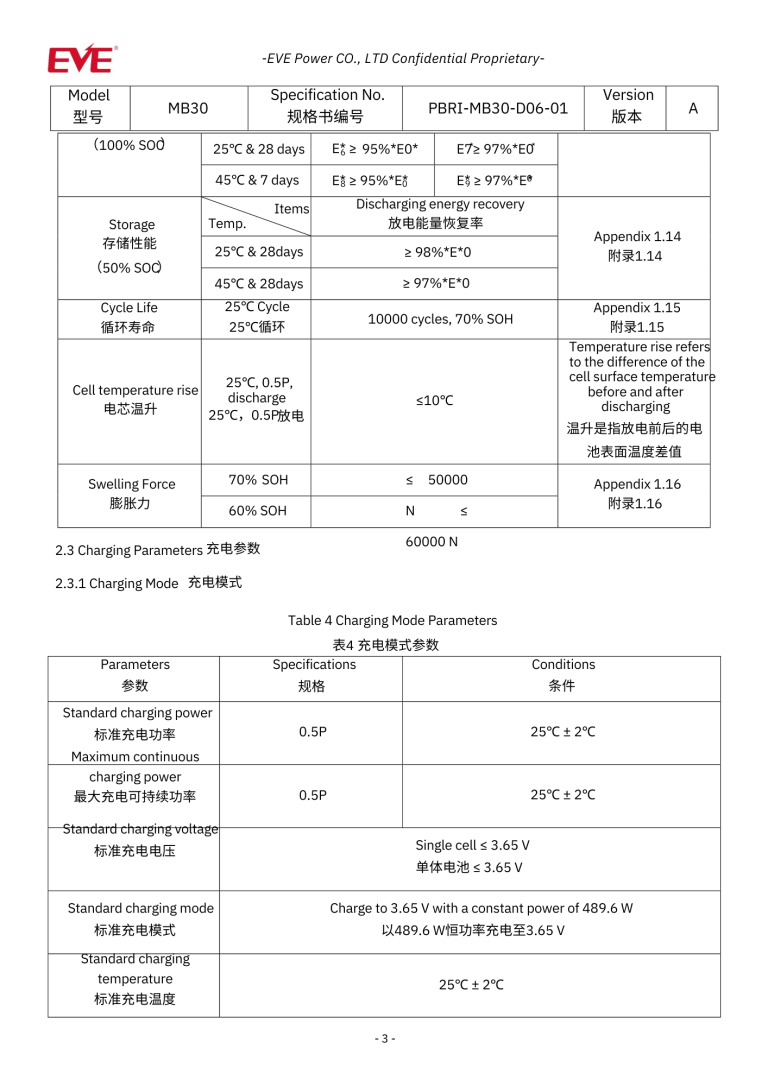
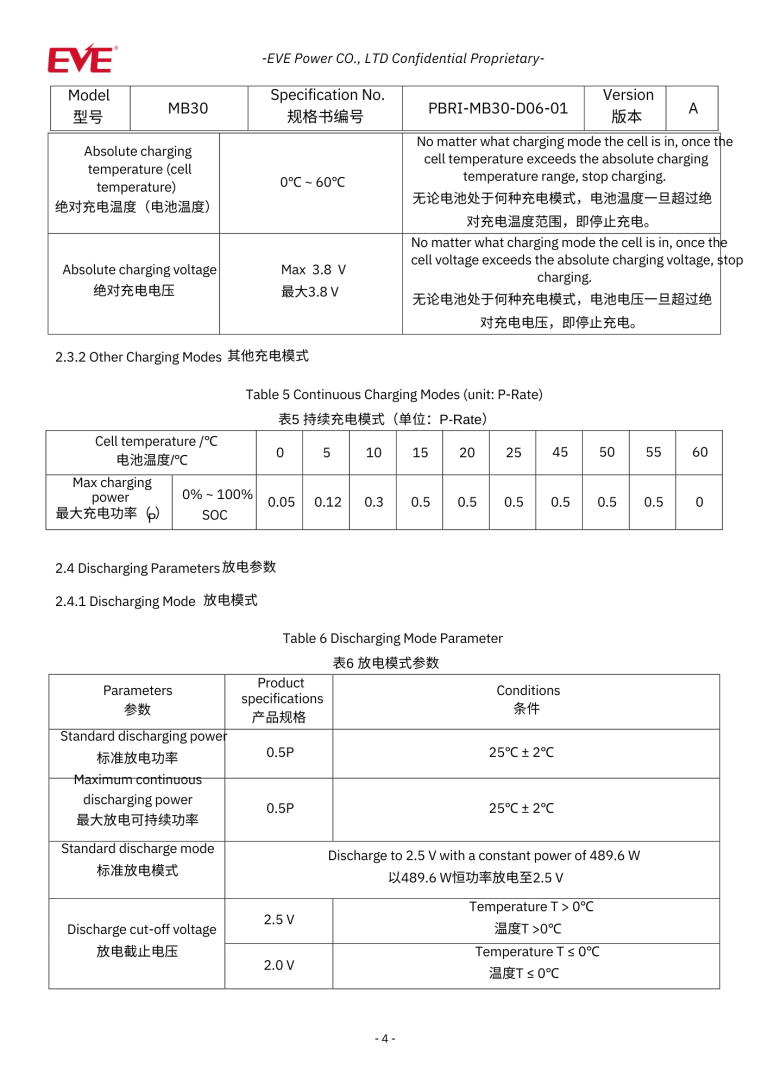
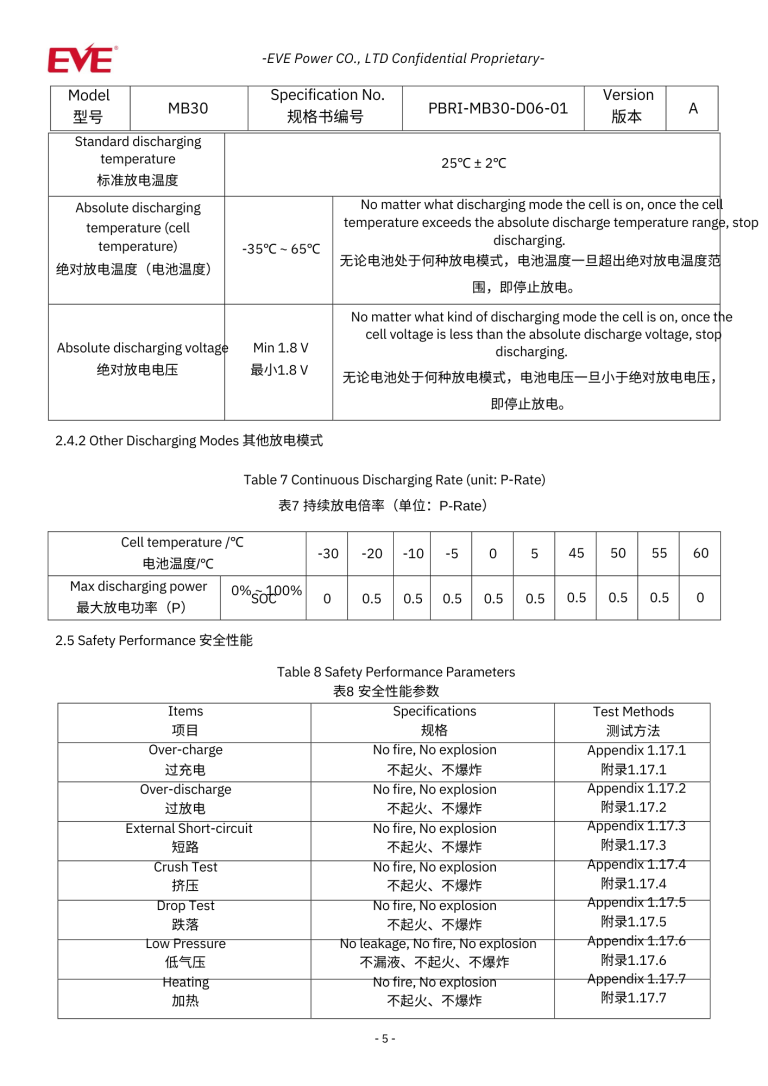
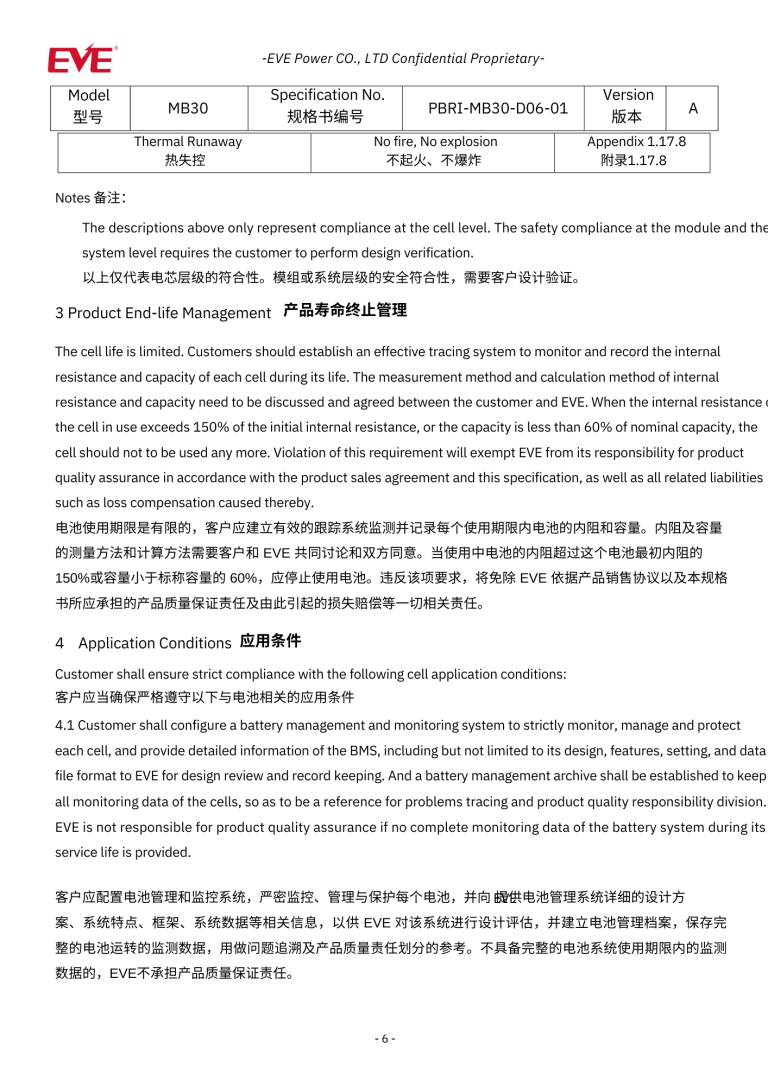
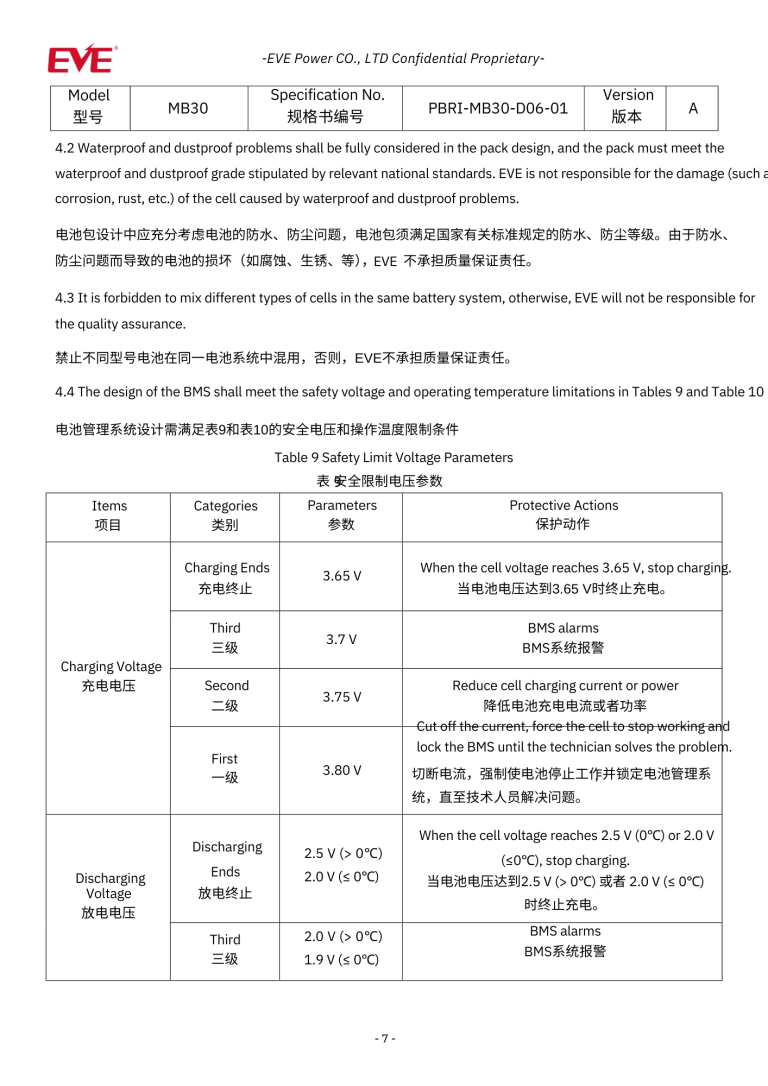
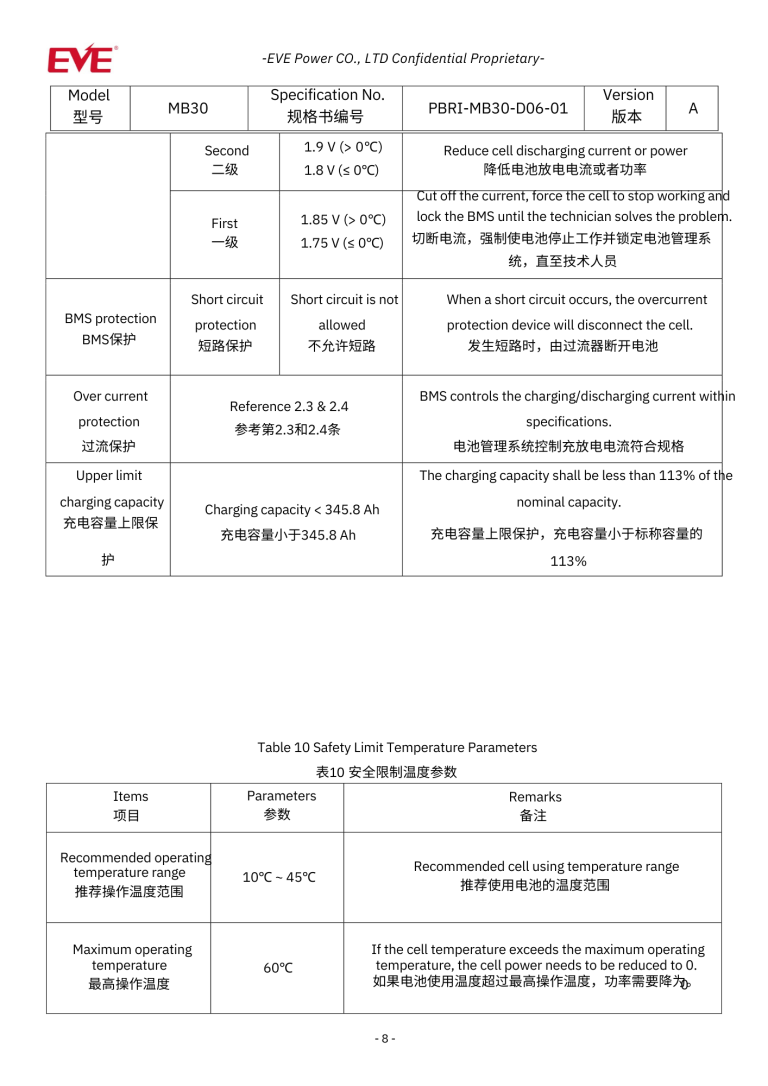
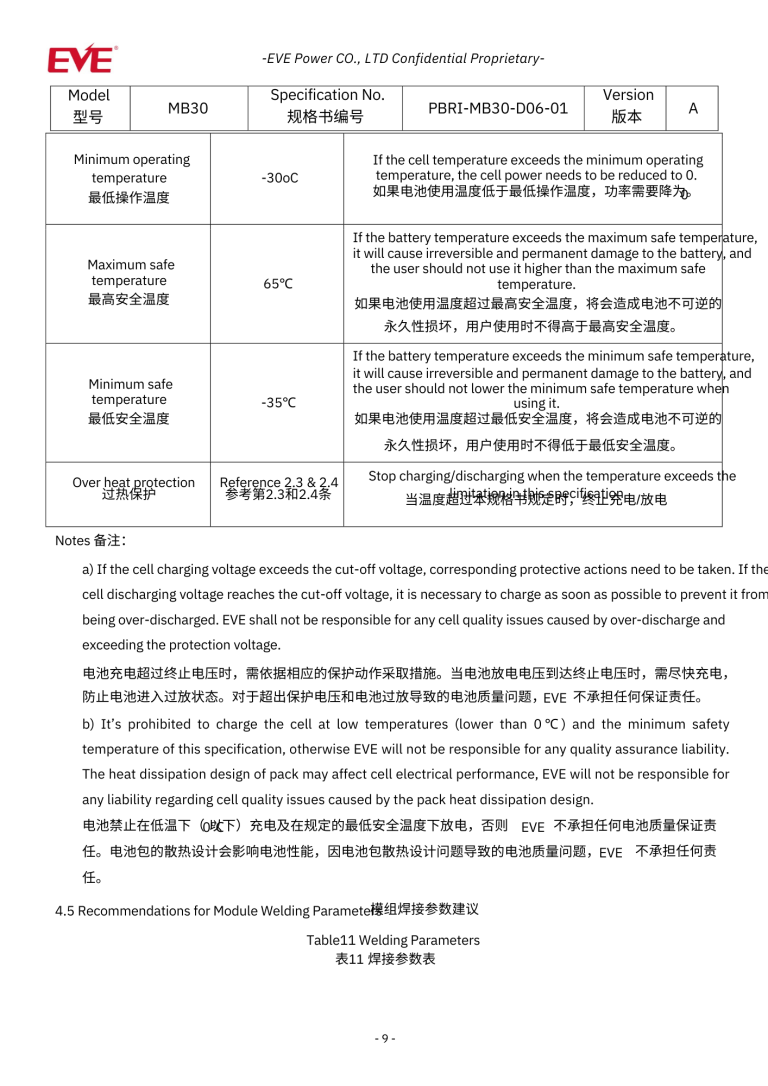

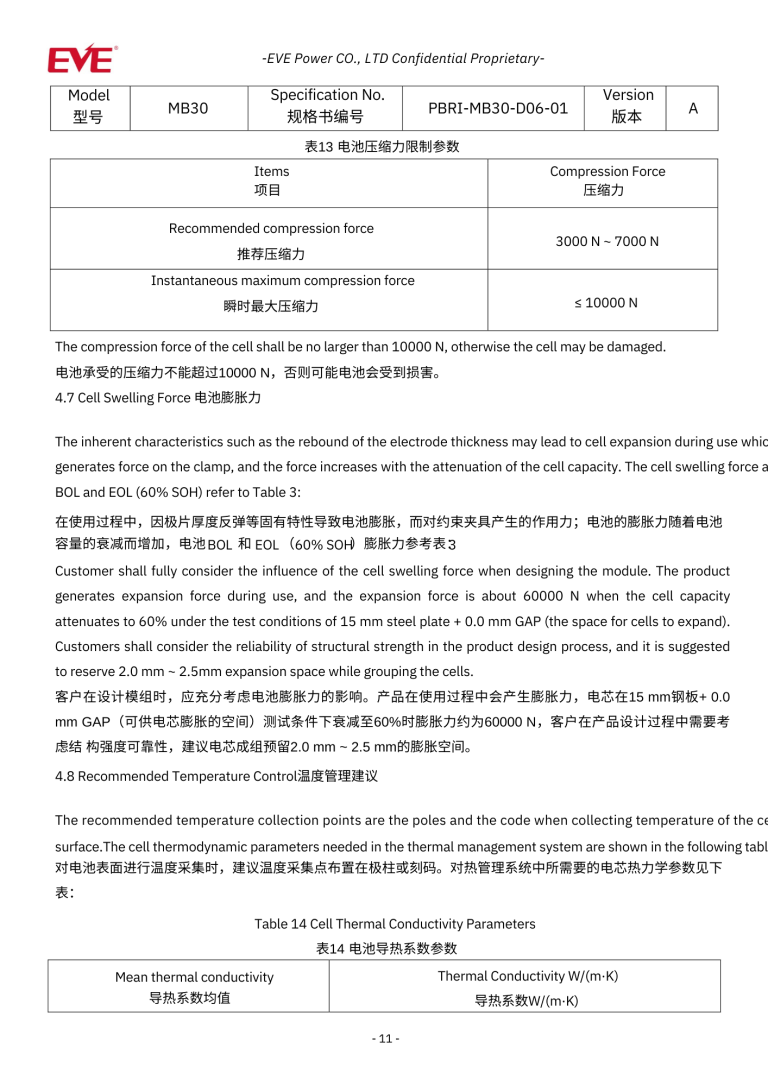
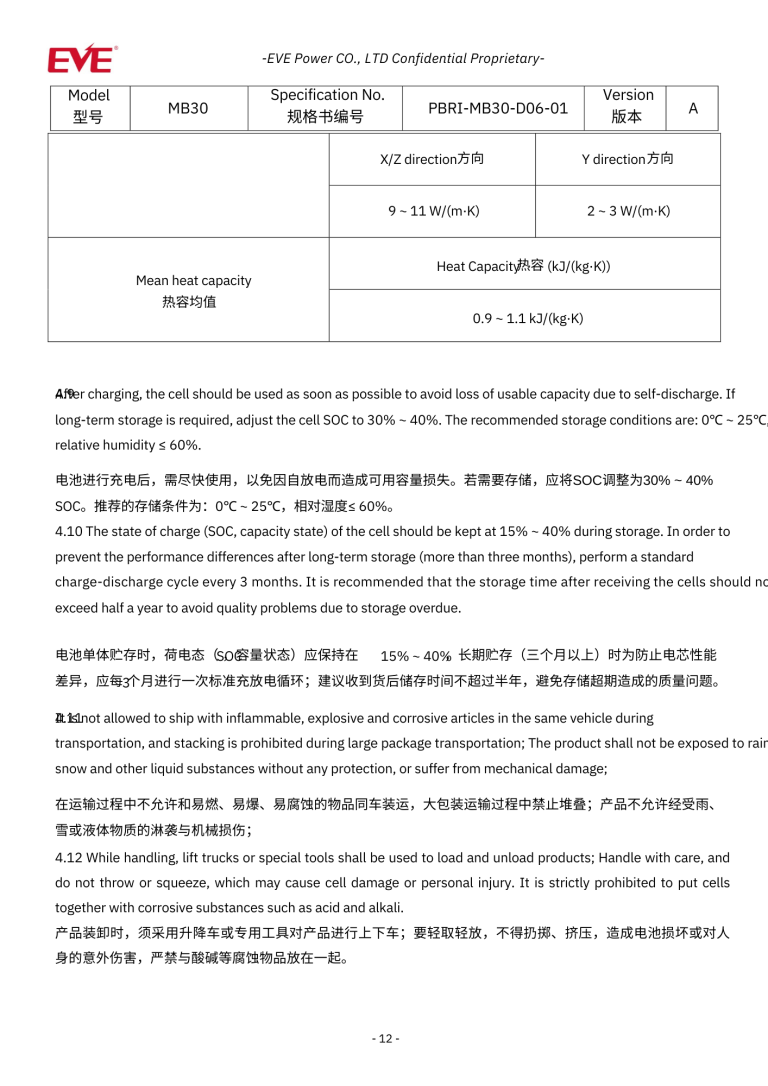
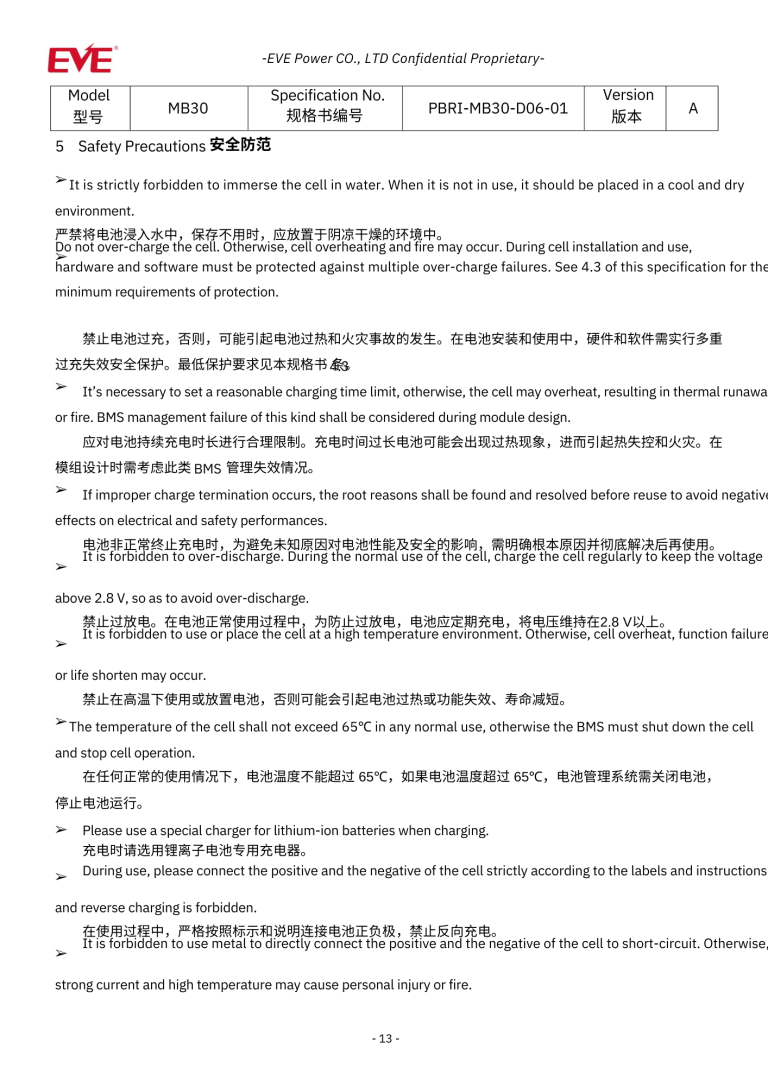
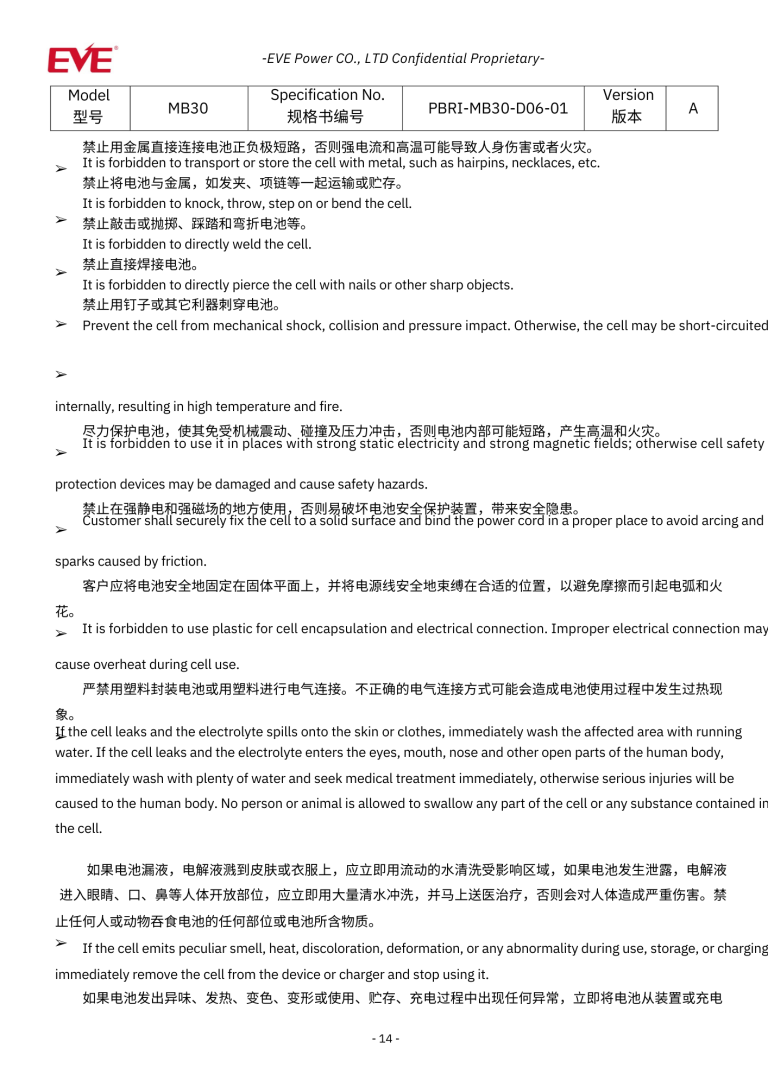
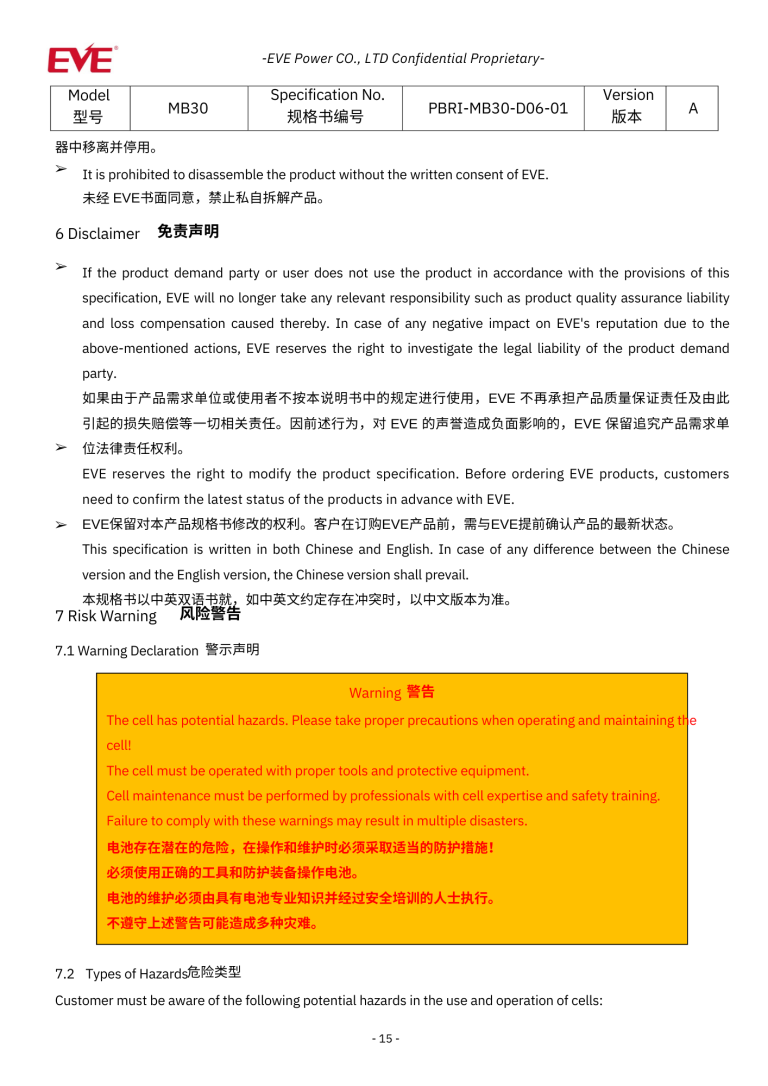
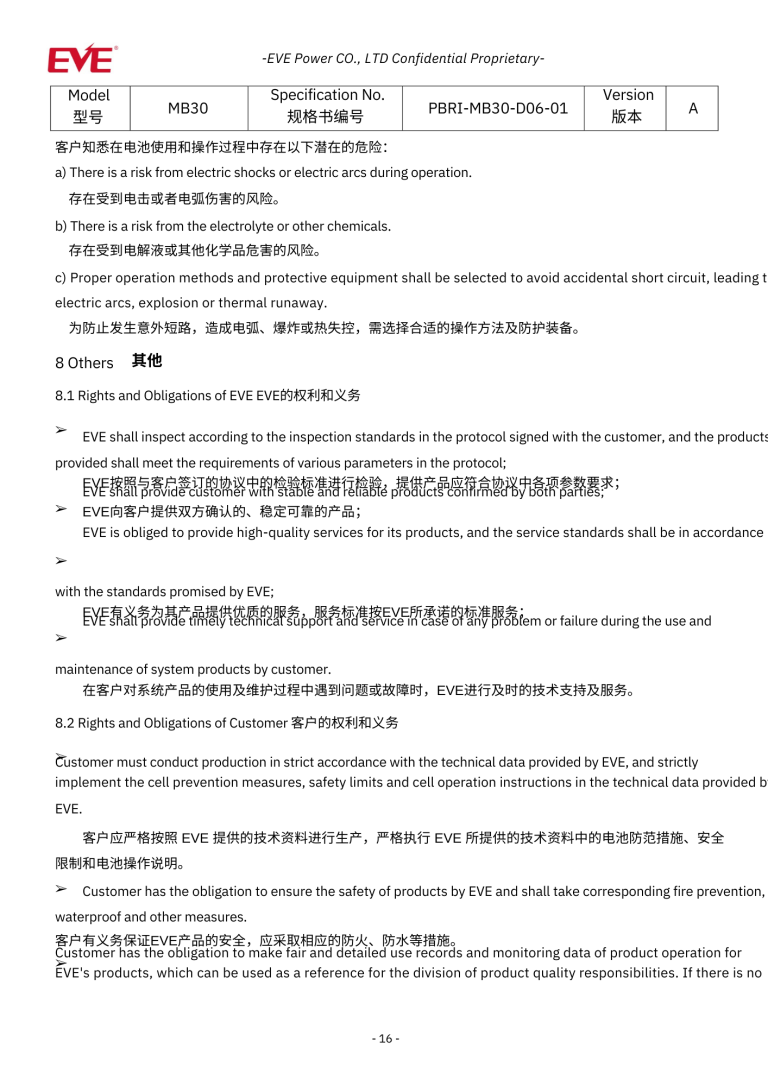
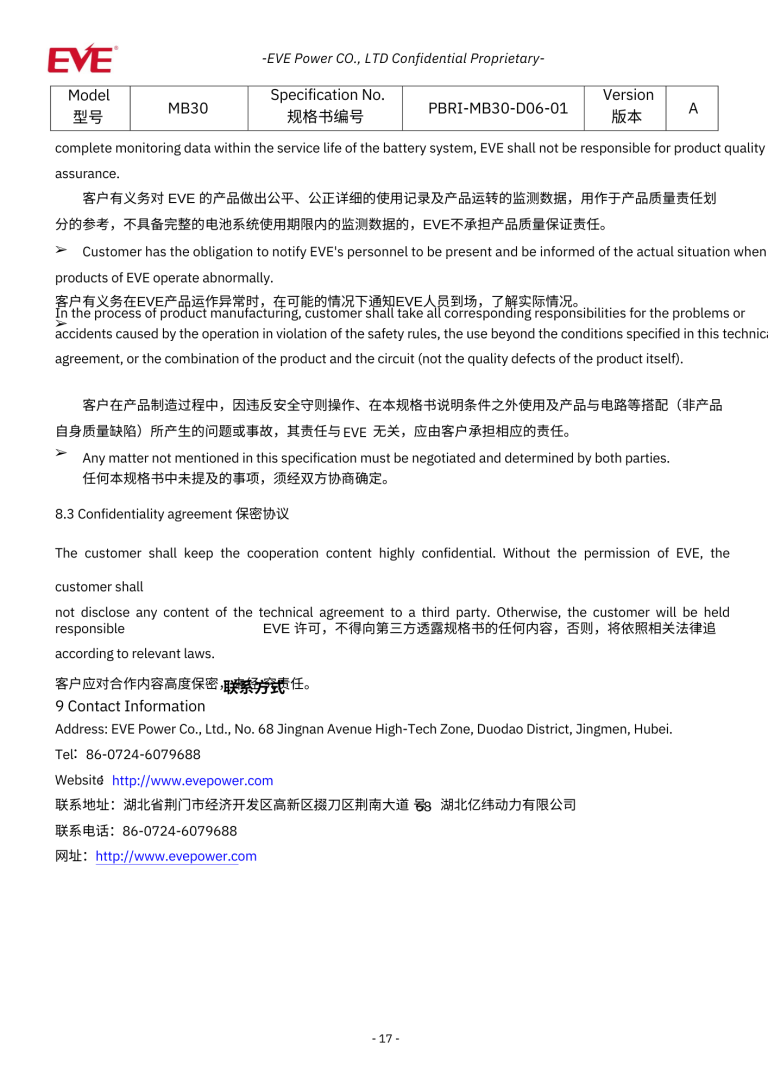
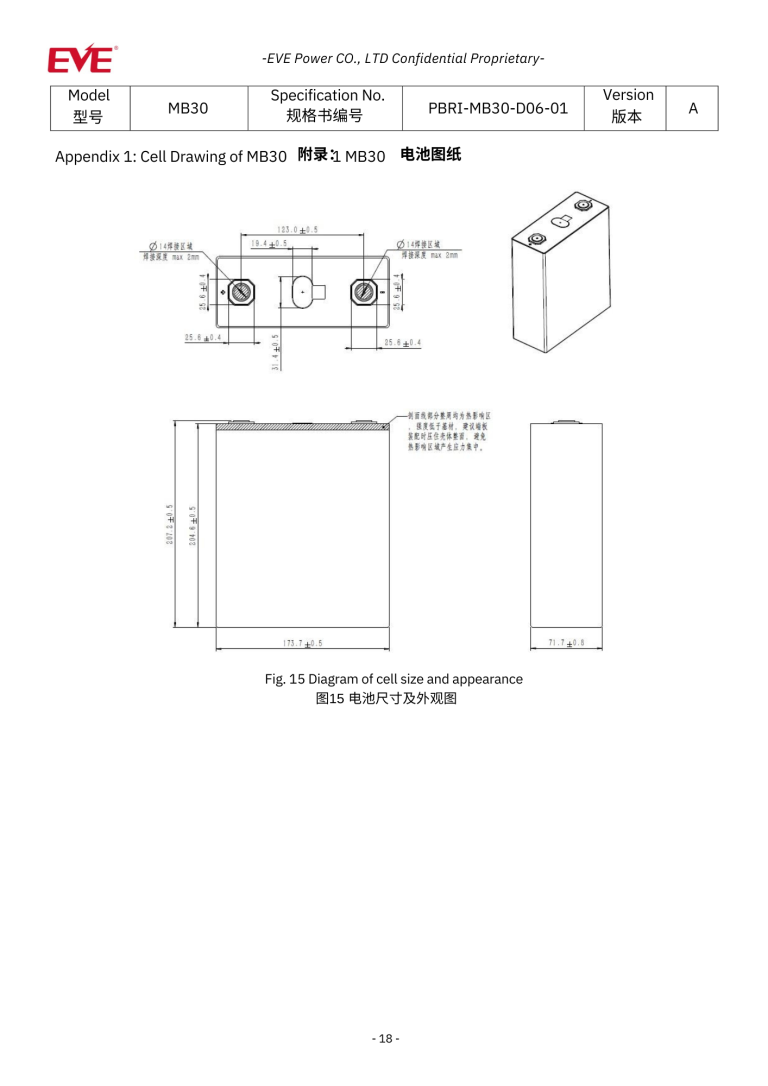
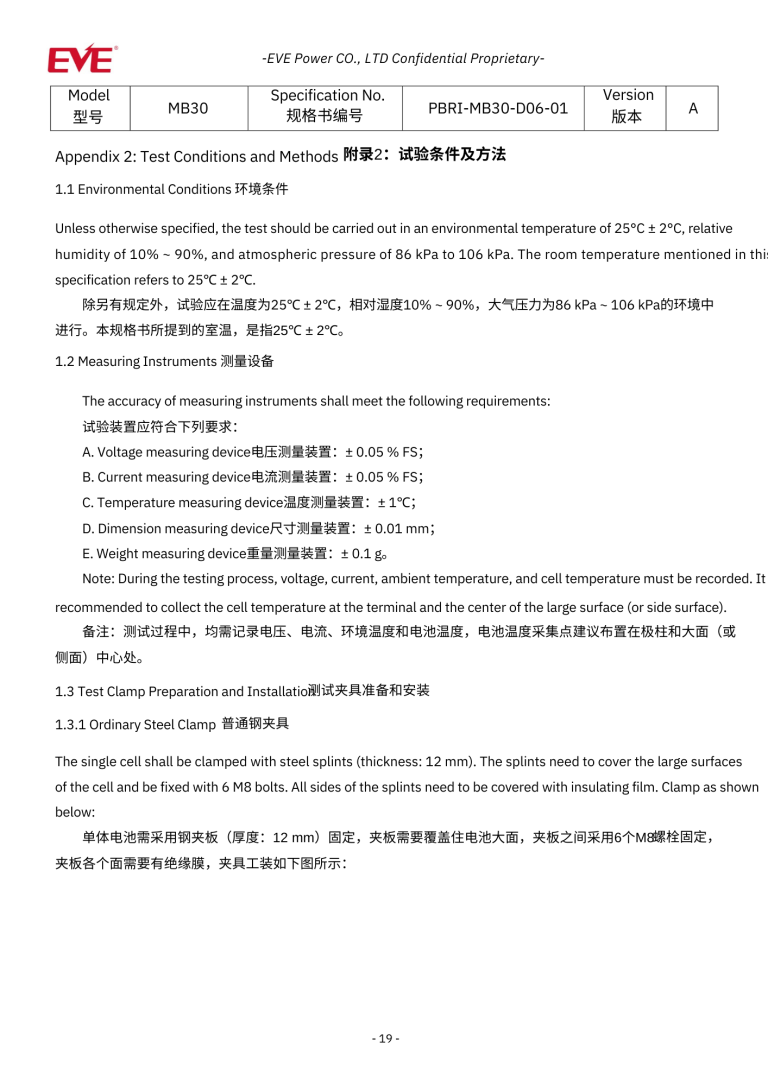
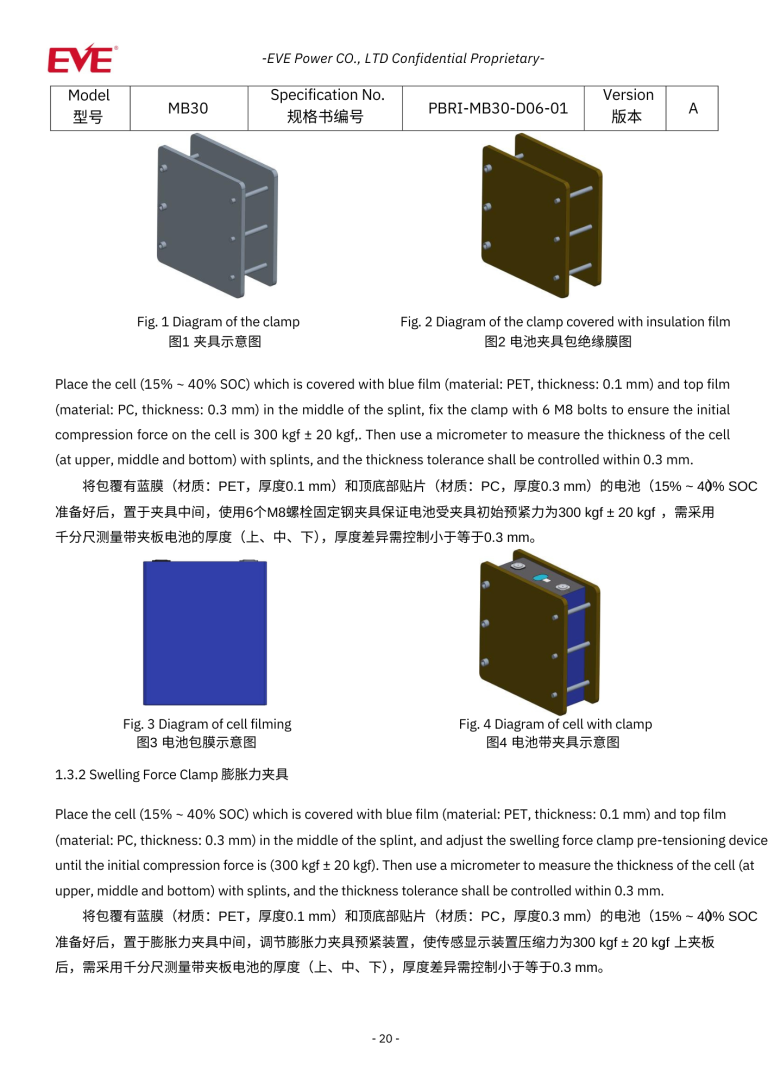
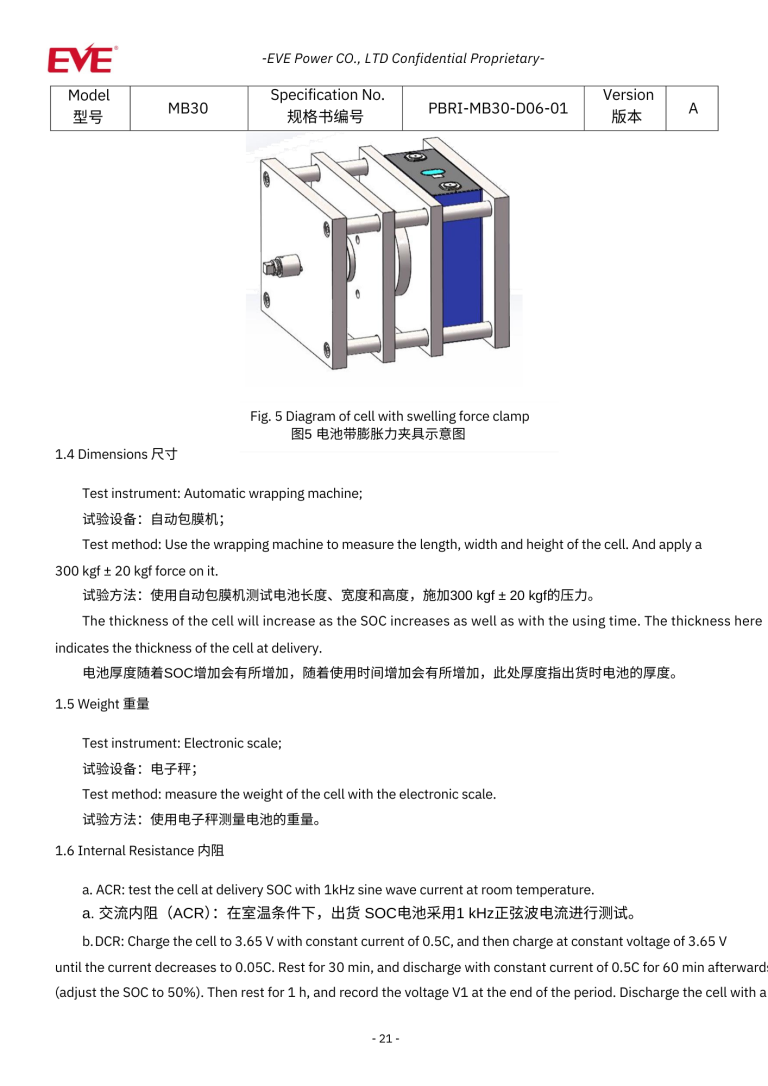
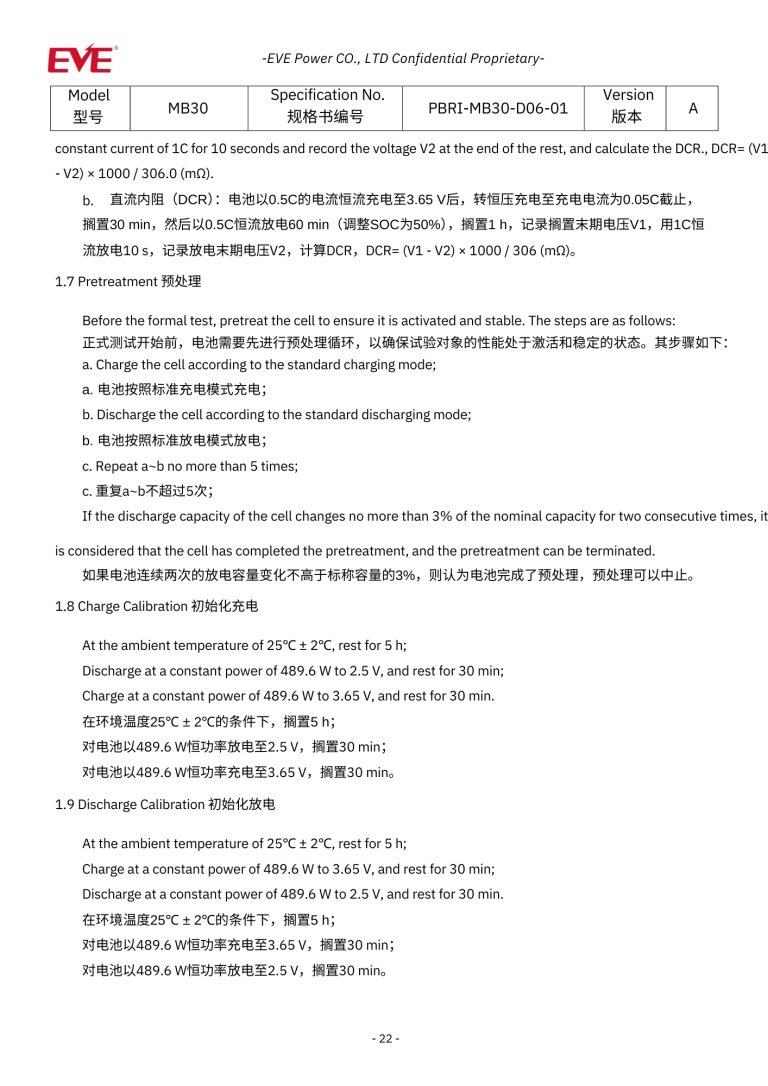
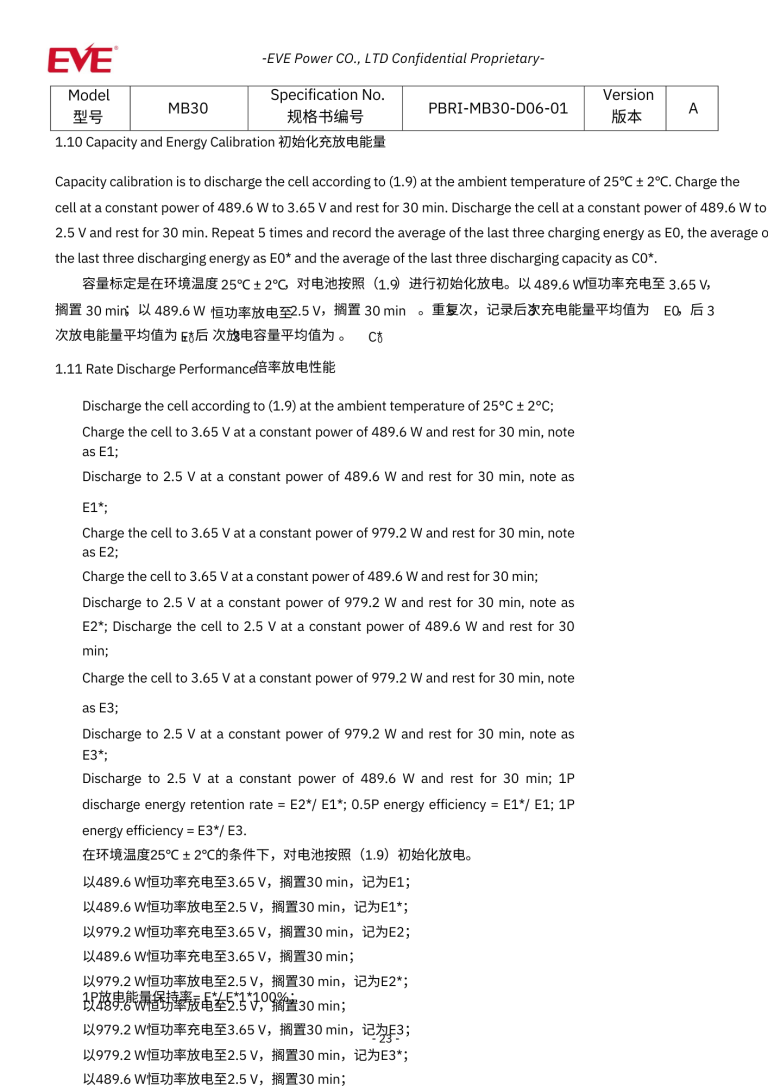
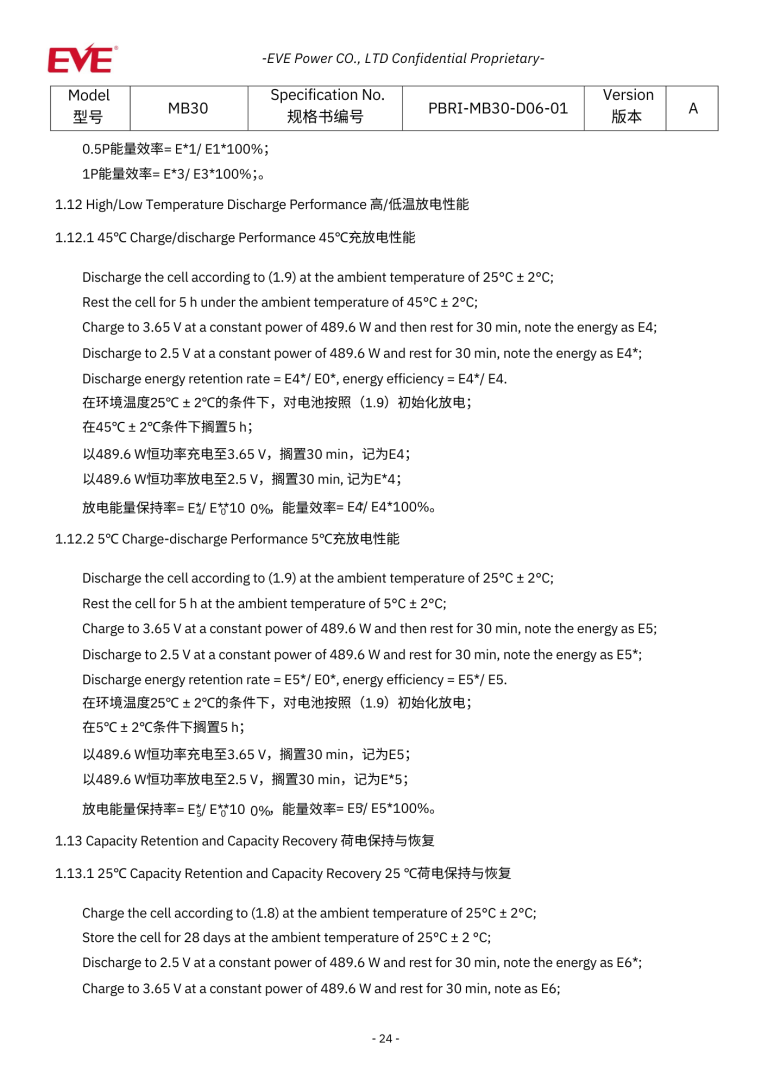
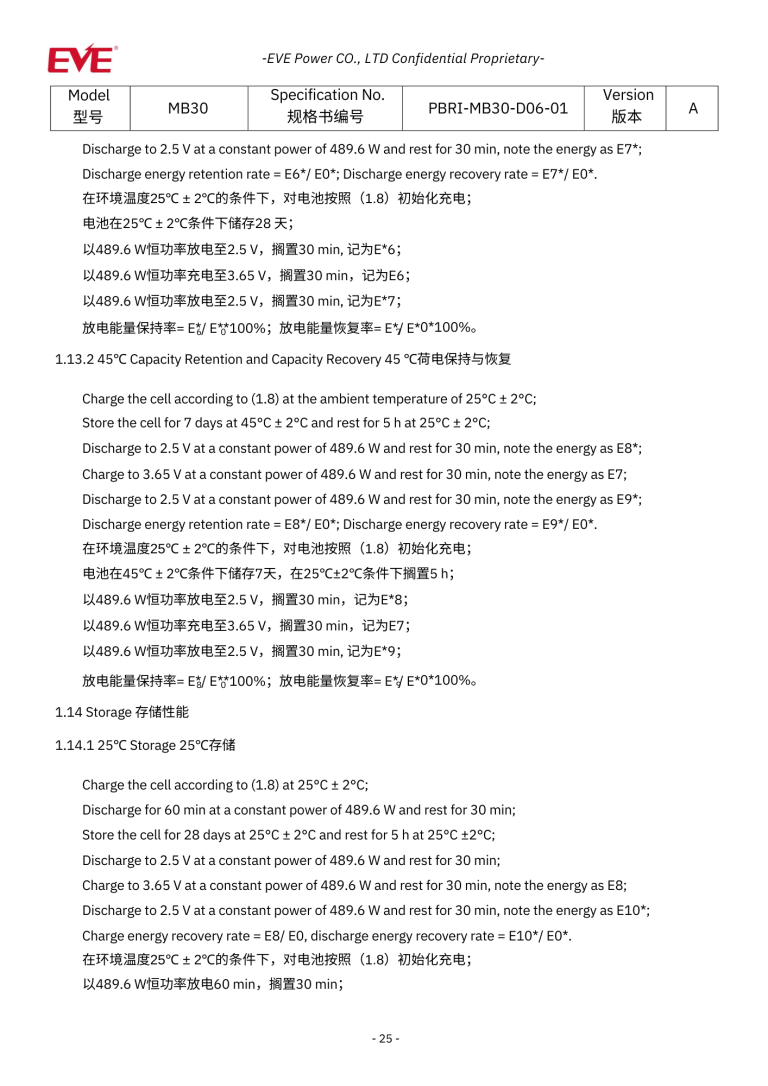
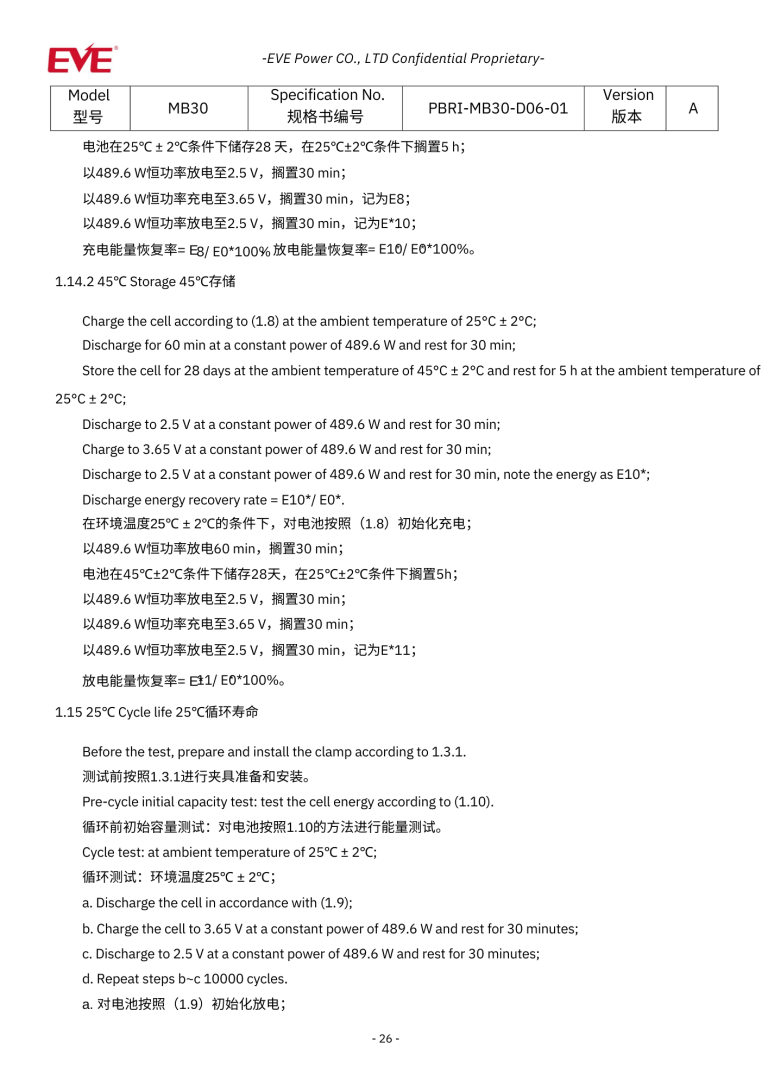
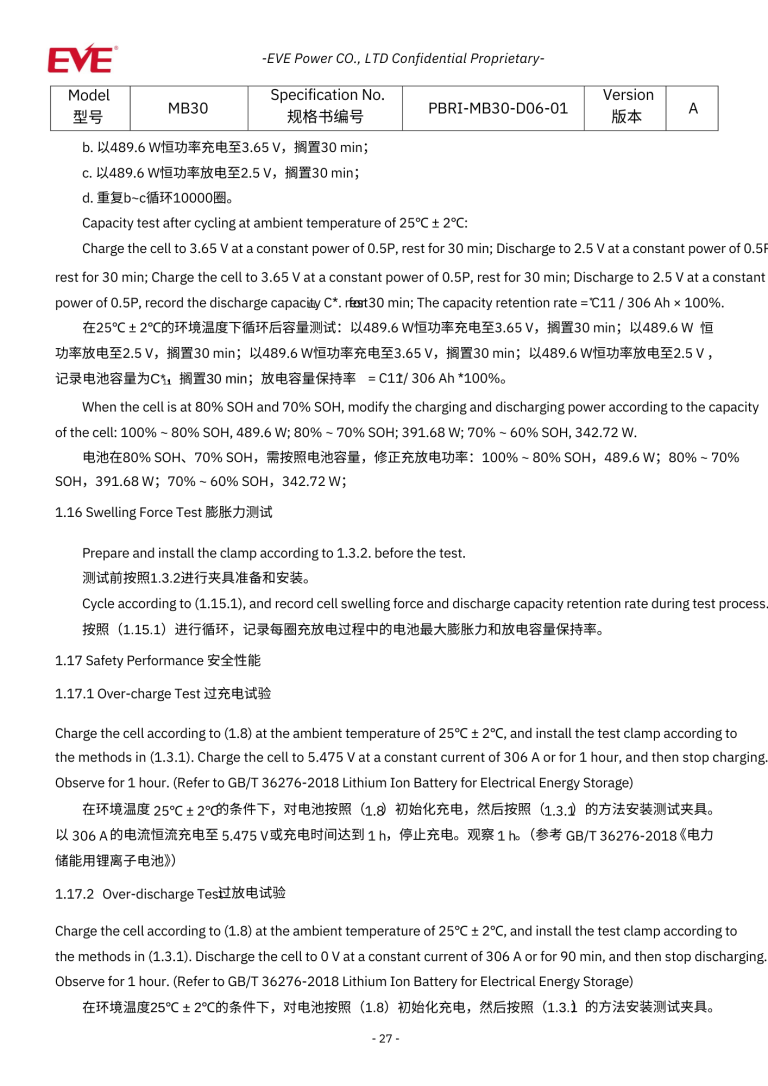
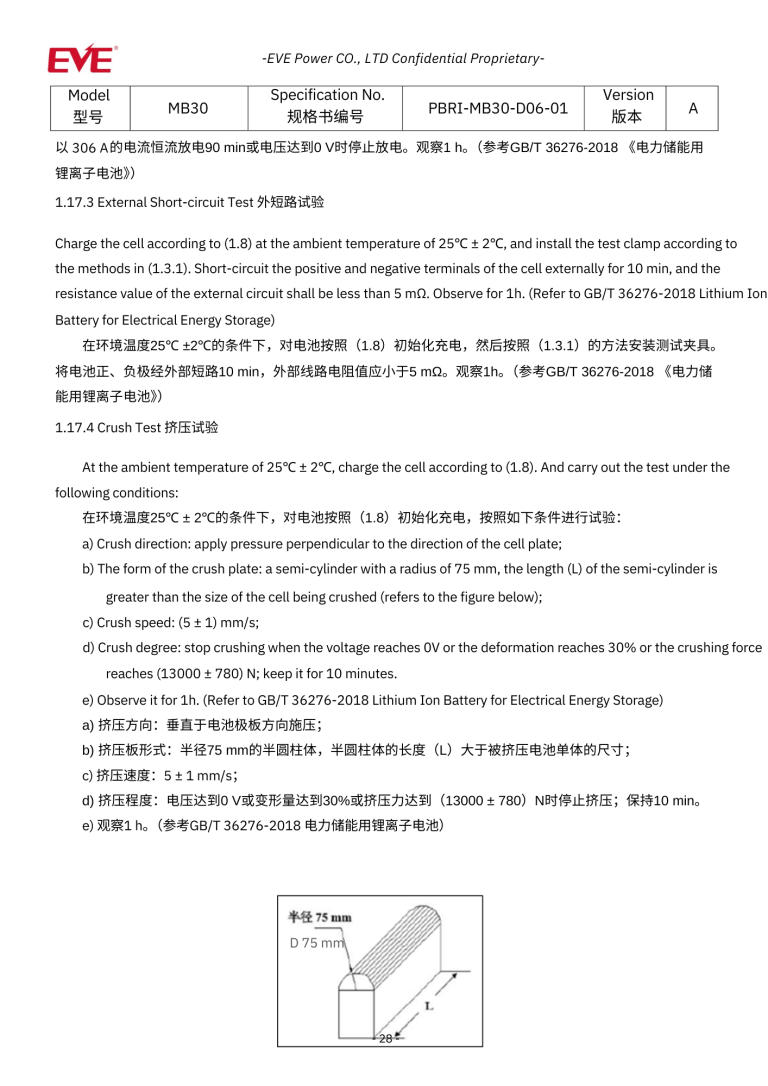

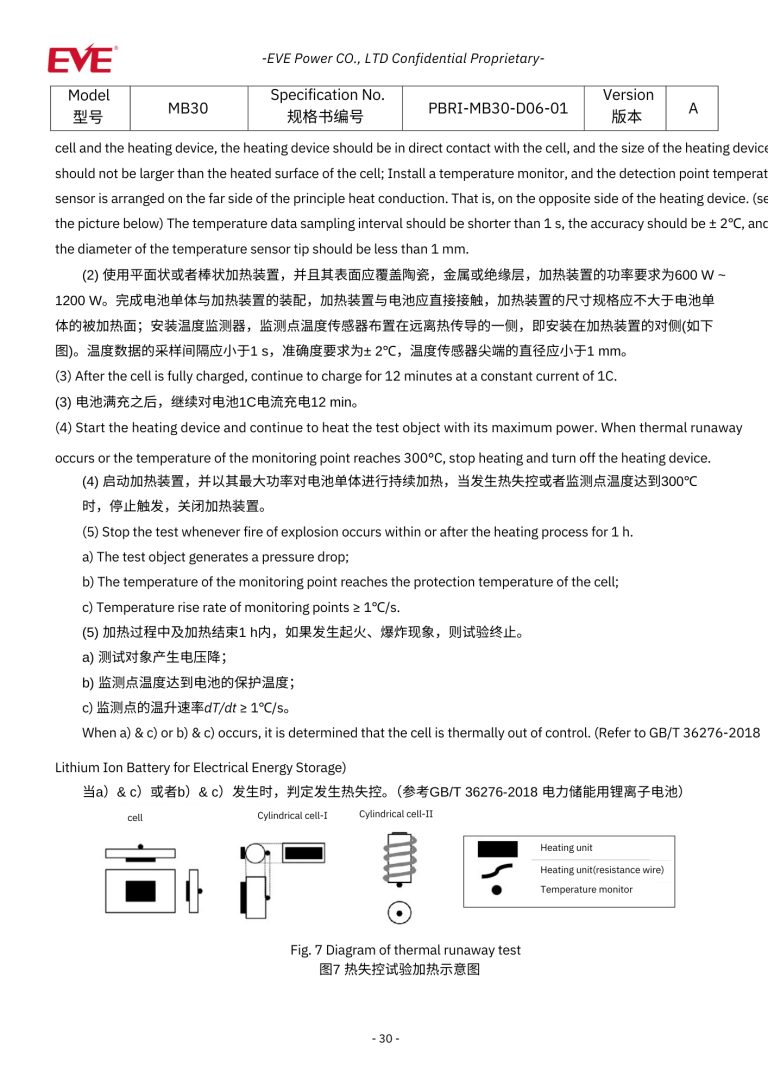








































Lithium Iron Phosphate (LiFePO4) batteries offer a range of advantages for marine applications, including higher energy density, longer lifespan, and enhanced safety. These batteries are particularly favored for their ability to withstand extreme temperatures and their resistance to thermal runaway, making them ideal for boating and fishing environments.
In addition to safety and longevity, LiFePO4 batteries provide consistent performance over time, ensuring that users experience reliable power during their outings. Their lightweight design also contributes to improved fuel efficiency in marine vessels, allowing boaters to travel farther while using less energy.
Selecting the right marine battery involves considering various factors, such as the type of vessel, energy requirements, and intended use. Whether you need a battery for a trolling motor, an RV, or energy storage, understanding your specific needs will help you make the best choice for optimal performance.
For instance, if you frequently engage in long fishing trips, a high-capacity battery with a longer discharge cycle may be necessary. Conversely, for short excursions, a smaller and lighter battery may suffice. Consulting product specifications and expert recommendations can guide you in making an informed decision.
Proper maintenance is crucial for extending the lifespan of your marine batteries. Regularly checking the battery terminals for corrosion, ensuring clean connections, and monitoring the charge levels can prevent unexpected failures and enhance performance.
Additionally, storing batteries in a cool, dry place and avoiding deep discharges can significantly prolong their life. Following manufacturer guidelines for charging and maintenance will also ensure that your batteries remain in optimal condition, ready for any adventure.
The marine battery industry is continually evolving, with innovations aimed at improving efficiency, safety, and sustainability. Advances in battery chemistry, such as the development of solid-state batteries, promise higher energy densities and faster charging times, which are critical for modern marine applications.
Furthermore, smart battery management systems (BMS) are becoming increasingly common, enabling users to monitor battery health and performance through mobile applications. These technologies not only enhance user experience but also contribute to more sustainable energy practices in the marine sector.